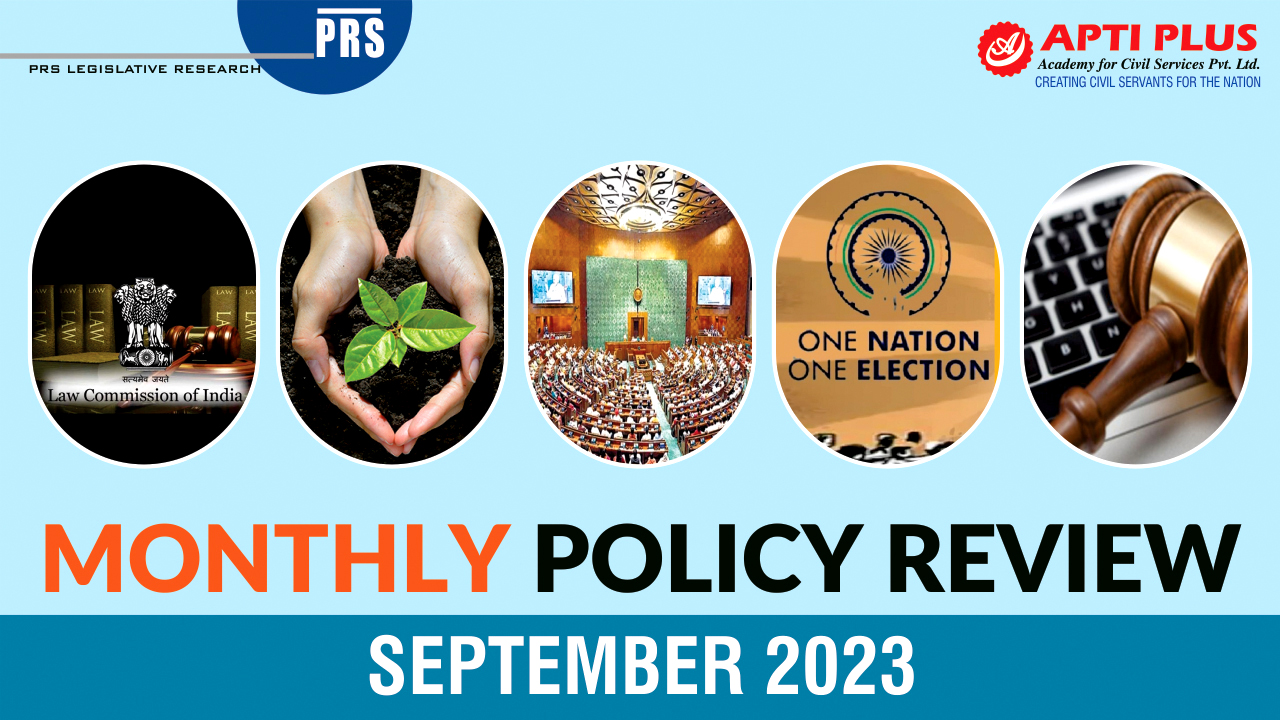Description

Copyright infringement not intended
Picture Courtesy: blog.ipleaders.in
Context: The recent criminal law Bills in India, while amending the Indian Penal Code and Code of Criminal Procedure, highlight the paramount significance of Special and Local Laws (SLLs) containing critical offences and procedures.
Special and local laws
- Special and local laws in India are designed to cater to the unique needs of specific regions, communities, or situations within the country. These laws are localized and vary based on the cultural, social, and historical context of different regions and communities.
- These laws serve to supplement or modify the general laws applicable to the entire country. They provide additional provisions or amendments to address the specific requirements of diverse communities and regions, ensuring a more tailored and context-specific legal framework.
Some examples of special and local laws
|
Personal Laws
|
●India has separate personal laws for different religious communities such as Hindu Law, Muslim Law, Christian Law, and Parsi Law. These laws govern matters related to marriage, divorce, inheritance, and adoption within specific religious communities.
|
|
Tribal Laws
|
●Various states in India have special laws and regulations to protect the rights and interests of tribal communities. These laws are aimed at preserving their customs, traditions, and way of life.
|
|
State Laws
|
●Each state in India can have its own set of laws and regulations on various subjects such as land reforms, education, and local governance. These laws are specific to individual states and may differ from one state to another.
|
|
Special Economic Zones (SEZ) Laws
|
●SEZs in India are governed by specific laws that provide various incentives and benefits to promote exports and economic activities within these designated zones.
|
|
Taxation Laws
|
●entities. For example, certain states in India have state-level taxes in addition to national taxes.
|
|
Local Municipal Laws
|
●Municipal laws and regulations vary from one city or municipality to another. These laws govern local issues such as property tax, sanitation, and urban development.
|
|
Educational Laws
|
●Different states have their education laws governing matters related to schools, colleges, and universities.
|
|
Criminal Tribes Act
|
●Though significantly modified and reformed, certain states in India have laws that historically targeted specific communities, often referred to as denotified tribes. These laws are aimed at integrating these communities into mainstream society.
|
Need to reform Special and Local Laws (SLLs)
Quantitative and Qualitative Relevance
- SLLs constitute a significant share, almost 40%, of all registered offences in India, underscoring their quantitative importance in the criminal justice system. They are a substantial part of the legal landscape, impacting the overall crime statistics.
- SLLs often deal with complex and contentious issues, giving rise to fundamental debates and discussions about individual rights and civil liberties. Their qualitative significance lies in their capacity to spark crucial dialogues surrounding justice and civil liberties in society.
Deficient and Ambiguous Definitions
- Many SLLs, including the Unlawful Activities (Prevention) Act and the Maharashtra Control of Organised Crime Act, contain vague and unclear definitions of offences and critical terms such as 'terrorist act' or 'organised crime.' This lack of specificity can lead to confusion and varied interpretations, creating legal uncertainty.
- Ambiguous definitions provide room for misuse of these laws against individuals, as interpretations can differ widely. To ensure fairness and prevent abuse, it is essential to reform and clarify these definitions, establishing clear boundaries for legal application and protecting individuals from wrongful prosecution.
Concerns about Criminalization
- Some SLLs have been accused of overreaching by applying criminal penalties to activities that might be more appropriately addressed through civil or regulatory means. For example, the Protection of Children from Sexual Offences Act has faced criticism for applying criminal penalties to consensual sexual activities between minors.
- The clear distinction between what constitutes a criminal offence and what should be handled under civil or regulatory jurisdiction is crucial to avoid overreach and miscarriages of justice. Reforms are necessary to ensure that the legal system appropriately categorizes and addresses different types of activities, aligning with the principles of justice and proportionality
Erosion of Due Process
- SLLs grant law enforcement agencies excessive powers, enabling practices like invasive search and seizure. Additionally, these laws allow the admissibility of confessions recorded by police officers, potentially compromising the reliability of evidence presented in court.
- SLLs, such as the Unlawful Activities (Prevention) Act, impose stringent bail conditions, making it extremely difficult for individuals to secure release pending trial. These practices undermine the fundamental principle that individuals are presumed innocent until proven guilty, challenging the core tenet of due process in the legal system
Shift from Original Codification
- The Indian Penal Code (IPC) was designed as a comprehensive legal document meant to encompass all criminal laws. It aimed to provide a unified legal code, ensuring clarity and consistency in the legal system. This unified approach was essential for legal coherence and understanding.
- The increasing number of SLLs has led to fragmentation in the legal landscape. Instead of a single, unified legal code, the proliferation of SLLs has created a diverse and complex array of laws, deviating from the original intent of comprehensive codification. This fragmentation poses challenges in maintaining a clear and consistent legal framework.
Need for Integration
- Integrating SLLs within the broader penal code ensures the integrity of the legal system. By incorporating these laws as separate chapters, the legal framework becomes more cohesive, avoiding discrepancies and ensuring consistency in the application of criminal laws.
- Inclusion of procedures related to offences, arrest, investigation, prosecution, trial, evidence, and bail either as separate sections within the Code of Criminal Procedure or as exceptions ensures standardized legal processes. This clarity prevents confusion and promotes fairness, guaranteeing that individuals are treated equitably under the law.
Second Generation of Reforms
- The omission of substantive and procedural aspects of SLLs from current reform efforts creates a gap in the legal system. A second generation of reforms is essential to bridge these gaps, ensuring comprehensive coverage and addressing any shortcomings in the existing laws.
- Introducing reforms will bring SLLs in line with constitutional principles, promoting fairness and justice. These reforms are crucial for the legal system to evolve coherently, uphold individual rights, and adhere to the fundamental principles of due process of law, thereby strengthening the overall integrity of the legal framework.

Conclusion
- The need to reform Special and Local Laws in the Indian criminal justice system is not only quantitative but also qualitative. Reforms are crucial to ensure clarity, fairness, and consistency in the legal system, preventing potential abuses, and upholding the principles of justice and individual rights.
Must Read Articles:
Key Provisions Proposed In Bill To Replace CRPC: https://www.iasgyan.in/daily-current-affairs/key-provisions-proposed-in-bill-to-replace-crpc
|
PRACTICE QUESTION
Q. What are the key challenges faced by the Indian criminal justice system in ensuring fairness, efficiency, and access to justice for all citizens? How can these challenges be addressed to enhance the effectiveness of the legal system?
|















